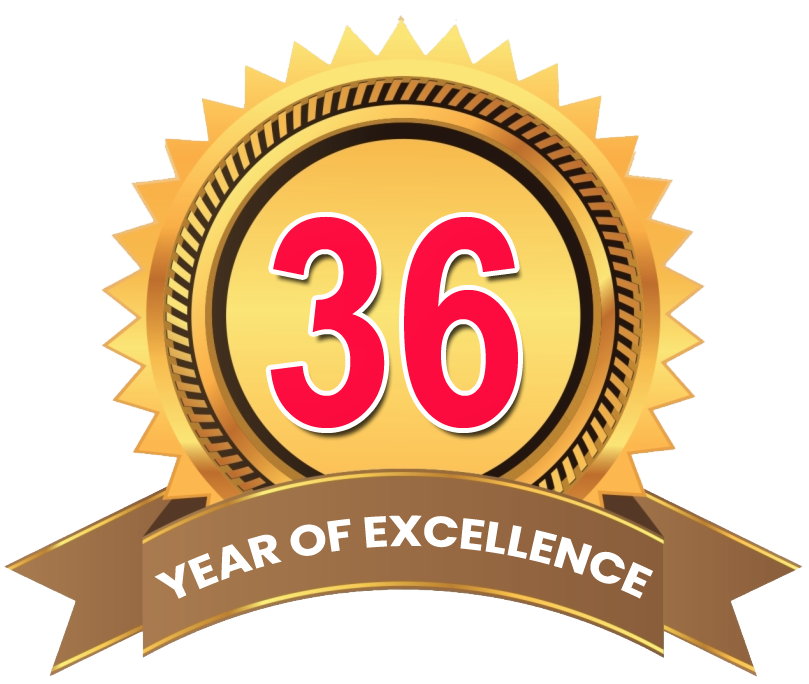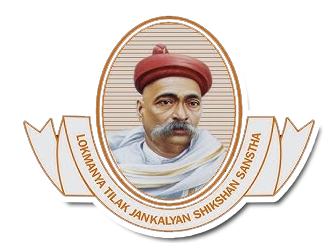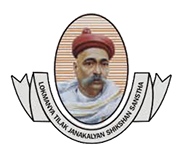Innovation in Teaching learning
Innovations in teaching and learning are essential to keep education engaging, relevant, and effective, especially in today's rapidly changing world. Our faculty members are adopting the variety of strategies in their teaching methods for engaging students more deeply. Here are some potential innovations, that we are implemented in the department.
| Potential Innovations | Methodology | Description | Detail File name / Link |
| Personalized Learning |
Personalized learning involves
tailoring educational content,
pace, and learning strategies to
meet each student’s unique
strengths, needs, and interests.
It typically uses data-driven
tools and flexible instructional
methods to actively engage
learners and support their
individual progress toward
mastery. |
As a part of personalized learning, the department is assigning some task to the student subject wise on related topics and based on that student has to refer online platforms as an assignments and give presentation, they also need to submit the report over which the subject teacher will do the evaluation. So here we are providing some of the details given for the students. |
|
| Collaborative Learning by designing projects | Collaborative learning engages
students in small groups or
teams to solve problems,
complete tasks, or create
projects, emphasizing shared
responsibility, peer interaction,
and collective knowledge
construction. |
We as a department of Mechanical
Engineering is implementing,
"Learning through Design Projects"
and that is a key part of our
curriculum. This initiative aims to
enhance creativity, collaboration
and problem-solving skills by
engaging students in hands-on
and team-based design
experiences/learning. |
|
| Industrial Project-Based Learning (IPBL) | Industrial project based
learning immerses students in
real-world industry projects
where they apply theoretical
knowledge to practical
challenges, fostering critical
thinking, problem-solving, and
collaboration with industry
mentors. |
The department is implementing,
"Learning through Industrial
Projects" and this is also as a key
part of our curriculum. This
initiative aims to provide students
with real-world industry exposure,
hands-on experience, and
practical problem-solving skills by
working on projects in
collaboration with industry. |
|
| Learning through Guest lecture | Learning through guest lectures
involves inviting industry
experts or scholars to share
their specialized knowledge and
experiences, enriching
students understanding with
real-world perspectives and
current practices. |
It's a regular practice of the
Department to engage the
students with the experts or guest
to enhance the understanding of
topics and also helpful in
improving academics |
|
| Real-Time Assessment | Real-time assessment uses
digital tools or interactive
methods to continuously
monitor and provide immediate
assessment on students
learning progress, enabling
prompt adjustments to
teaching and learning
strategies. |
Department provides Real-time
Assessment, it is essential for
improving learning, performance
and decision-making. Immediate
insights and real-time assessment
helps individuals and teams to
identify strengths and areas for
improvement, leading to
continuous growth, enhances
engagement, boosts motivation,
and enables quick adjustments.
Emerging technology and
data-driven tools can make
feedback more precise and
actionable ensuring progress
toward goals. |
|
| Advanced learning at reputed platforms | Advanced learning at reputed
platforms engages students in
self-paced or guided courses
offered by recognized online or
institutional platforms, allowing
them to explore specialized
topics and gain
industry-relevant certifications
beyond the standard
curriculum. |
The department is providing an
approach to the students that
integrates knowledge and
perspectives to solve complex
problems and foster innovation.
Students gain a broader
understanding of issues. This
approach prepares learners to
tackle real-world challenges with a
well-rounded perspective. |
|
| Flipped Classroom | The flipped classroom
methodology has students
study instructional
content-such as videos or
readings outside of class,
reserving in-person sessions for
active learning through
discussions, problem-solving,
and collaborative activities. |
A Flipped Classroom is an
instructional strategy where
traditional teaching methods are
reversed. Instead of lecturing in
class and assignment, students
also learn new concepts at home
through videos, readings, or other
resources uploaded on online
medium so that all the student of
that class can access the learning
material and class time is used for
discussions, problem-solving and
hands-on activities |
|
| Learning through Industrial visits | Learning through industrial
visits immerses students in
real-world work environments,
where they observe processes,
interact with professionals, and
connect theoretical knowledge
with practical applications. |
Innovative Learning through
Industrial Visits involves enhancing
students educational experience
by exposing them to real-world
industry environments. These
visits bridge the gap between
classroom theory and practical
application offering hands-on
insights into how industries
operate. By observing live
processes interacting with
professionals and experiencing
workplace dynamics students gain
a deeper understanding of their
field of study. |




Courses : Mechanical Engineering
Degree : B.Tech.
Yr of Starting : 1990
Duration : 4 Yr.
Intake : 120